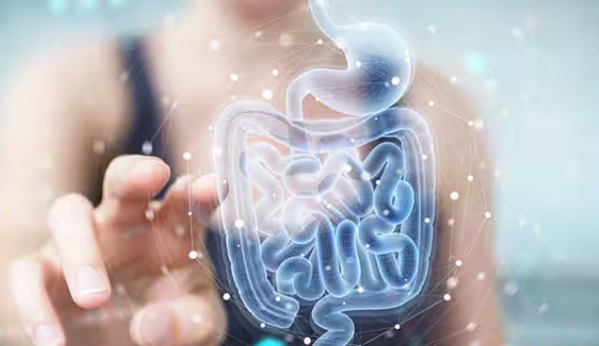Probiotics have garnered significant attention in recent years for their potential to promote digestive health and overall well-being. These live microorganisms, often referred to as “good bacteria,” play a crucial role in the balance of our gut microbiota. In this article, we will explore the essential role of probiotics in digestive health and offer guidance on how to incorporate them into your daily routine.
Understanding Probiotics:
Probiotics are beneficial bacteria that naturally occur in our gastrointestinal system. They are essential for maintaining a balanced gut microbiome, which is the diverse community of microorganisms living in our digestive tract. This intricate ecosystem affects various aspects of health, including digestion, immune function, and even mental well-being.
The Digestive Benefits of Probiotics:
Probiotics offer several advantages for digestive health:
1. Improved Gut Flora Balance:
Probiotics help to maintain a harmonious balance of beneficial bacteria in the gut, preventing the overgrowth of harmful microorganisms.
2. Enhanced Nutrient Absorption:
By supporting a healthy gut environment, probiotics aid in the efficient absorption of essential nutrients from food.
3. Regulation of Bowel Movements:
Probiotics can help alleviate digestive discomfort by promoting regular bowel movements and reducing symptoms of conditions like irritable bowel syndrome (IBS).
4. Reduction of Diarrhea and Constipation:
Probiotics may help prevent or alleviate diarrhea caused by infections or antibiotic use. They can also alleviate symptoms of constipation by promoting regularity.
5. Support for Gastrointestinal Disorders:
Probiotics have shown promise in managing certain gastrointestinal disorders, such as inflammatory bowel disease (IBD) and gastroesophageal reflux disease (GERD).
6. Immune System Enhancement:
A significant portion of the immune system resides in the gut. Probiotics support a strong immune response by maintaining a balanced gut microbiome.
Incorporating Probiotics into Your Diet:
You can incorporate probiotics into your daily routine through various means:
1. Fermented Foods:
Foods like yogurt, kefir, sauerkraut, kimchi, and kombucha are rich sources of naturally occurring probiotics.
2. Probiotic Supplements:
Probiotic supplements are available in various forms, including capsules, powders, and chewable tablets. When considering supplements, it’s advisable to consult a healthcare professional or registered dietitian for guidance on selecting the most suitable product.
3. Prebiotic Foods:
Prebiotics are non-digestible fibers that serve as food for probiotics. Foods like garlic, onions, leeks, and bananas can support the growth and activity of probiotics in your gut.
Consult a Healthcare Professional:
Before making significant changes to your diet or starting a probiotic supplement, it’s advisable to consult a registered dietitian. They can provide personalized recommendations based on your specific health needs and goals.



